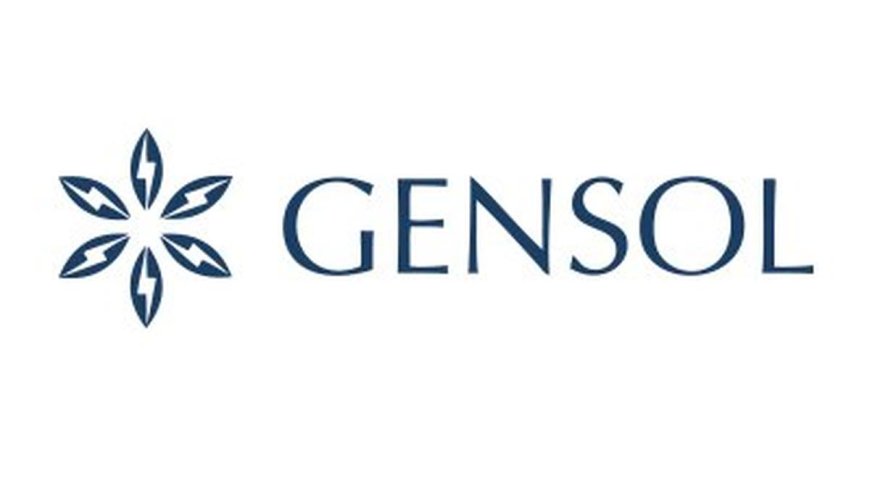DRT directs Gensol to maintain status quo on its secured assets, vehicles

DRT Directs Gensol to Maintain Status Quo on Its Secured Assets, Vehicles
Breaking News, Daily Updates & Exclusive Stories - asarkari
In a significant turn of events, the Debt Recovery Tribunal (DRT) has instructed Gensol Engineering to maintain the status quo concerning its secured assets and vehicles. This directive comes amidst ongoing legal proceedings brought forth by the Indian Renewable Energy Development Agency (IREDA), seeking recovery of substantial amounts owed by Gensol Engineering and its affiliate, Gensol EV Lease Ltd. This development has sparked increased interest from stakeholders in the engineering and renewable energy sectors.
Introduction
As the legal tussle unfolds, the implications for Gensol Engineering could be profound, affecting its financial standing and operational capabilities. The tribunal's order serves as a key measure to ensure that Gensol does not liquidate or alter the status of its secured assets while the case is pending. This article delves into the reasons behind the DRT's decision and what it could mean for Gensol's future.
Background of the Case
The genesis of this legal battle traces back to IREDA's original application to the DRT for recovering over ₹510 crore from Gensol Engineering. In a related move, the agency also targeted Gensol EV Lease Ltd., seeking a recovery of ₹218 crore. These financial disputes raise concerns about solvency and the future of both Gensol entities. The actions taken by IREDA highlight the agency's commitment to reclaiming public funds and ensuring accountability in the renewable energy sector.
Implications for Gensol Engineering
Gensol Engineering, a prominent player in the renewable energy sector, now faces the challenge of navigating through mounting financial pressures while adhering to the DRT's directive. Maintaining the status quo on secured assets means that Gensol must avoid any actions that could diminish its asset base, which could be crucial in future negotiations or settlements regarding the debts owed. Investors and stakeholders will closely monitor how Gensol responds to this directive and the strategic moves it makes moving forward.
IREDA's Role and the Broader Implications
As a leading agency in promoting renewable energy investments, IREDA's actions in this case raise questions about the sustainability of financing in the renewable sector. If Gensol fails to meet its obligations, it could lead to a ripple effect impacting other companies in the industry, potentially shaking investor confidence. The situation serves as a reminder of the importance of transparency and accountability in public-funded projects. This case may also compel the industry to reassess its risk management practices, as financial stability becomes increasingly important.
Conclusion
The DRT's directive to Gensol Engineering to maintain the status quo on its secured assets signifies a crucial phase in the ongoing legal proceedings. As both Gensol and IREDA prepare for potential court hearings, the energy sector watches closely, aware that the outcome could influence future investments and regulatory policies. For more updates, visit asarkari.com. This situation underscores the delicate balance between enterprise and accountability in India's rapidly evolving renewable energy landscape.
Keywords:
DRT, Gensol Engineering, IREDA, secured assets, legal proceedings, renewable energy, financial recovery, investment, accountability, Gensol EV Lease Ltd.What's Your Reaction?
 Like
0
Like
0
 Dislike
0
Dislike
0
 Love
0
Love
0
 Funny
0
Funny
0
 Angry
0
Angry
0
 Sad
0
Sad
0
 Wow
0
Wow
0










































